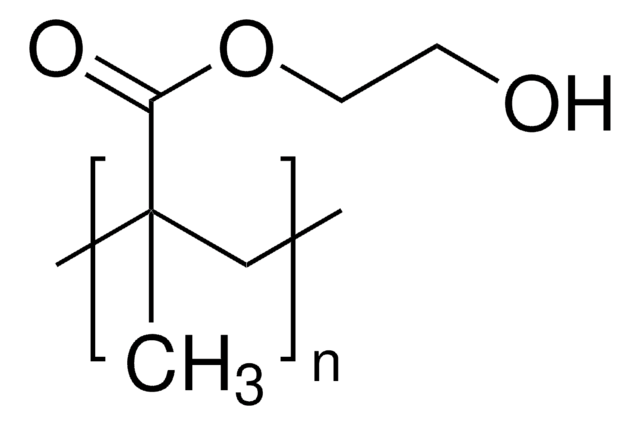MABN2653
Anti-3-Hydroxykynurenine Antibody, clone 2c4-B6-C2
Synonym(s):
3-Hydroxy-DL-kynurenine
About This Item
Recommended Products
biological source
mouse
Quality Level
antibody form
purified antibody
antibody product type
primary antibodies
clone
2c4-B6-C2, monoclonal
mol wt
calculated mol wt 224.21 kDa
observed mol wt ~60 kDa
purified by
using protein G
species reactivity
human
species reactivity (predicted by homology)
all
packaging
antibody small pack of 100 μg
technique(s)
western blot: suitable
isotype
IgG1κ
epitope sequence
Unknown
Protein ID accession no.
UniProt accession no.
storage temp.
2-8°C
General description
Specificity
Immunogen
Application
Evaluated by Western Blotting with 3-hydoxykynurenine modified bovine serum albumin (BSA).
Western Blotting Analysis (WB): A 1:1,000 dilution of this antibody detected 3-hydroxykynurenine (3-OHKYN) modified BSA , but not in unmodified BSA.
Tested applications
ELISA Analysis: A representative lot detected 3-Hydroxykynurenine in ELISA applications (Staniszewska, M.M., et al. (2005). J Biol Chem. 280(23); 21154-64).
Western Blotting Analysis: A representative lot detected 3-Hydroxykynurenine in Western Blotting applications (Staniszewska, M.M., et al. (2005). J Biol Chem. 280(23);21154-64).
Immunohistochemistry Applications: A representative lot detected 3-Hydroxykynurenine in Immunohistochemistry applications (Staniszewska, M.M., et al. (2005). J Biol Chem. 280(23); 21154-64).
Immunocytochemistry Analysis: A representative lot detected 3-Hydroxykynurenine in Immunocytochemistry applications (Mailankot, M., et al. (2010). Int J Biochem Cell Biol. 42(9); 1446-54).
Note: Actual optimal working dilutions must be determined by end user as specimens, and experimental conditions may vary with the end user.
Physical form
Storage and Stability
Other Notes
Disclaimer
Not finding the right product?
Try our Product Selector Tool.
Storage Class Code
13 - Non Combustible Solids
WGK
WGK 1
Flash Point(F)
Not applicable
Flash Point(C)
Not applicable
Certificates of Analysis (COA)
Search for Certificates of Analysis (COA) by entering the products Lot/Batch Number. Lot and Batch Numbers can be found on a product’s label following the words ‘Lot’ or ‘Batch’.
Already Own This Product?
Find documentation for the products that you have recently purchased in the Document Library.
Our team of scientists has experience in all areas of research including Life Science, Material Science, Chemical Synthesis, Chromatography, Analytical and many others.
Contact Technical Service